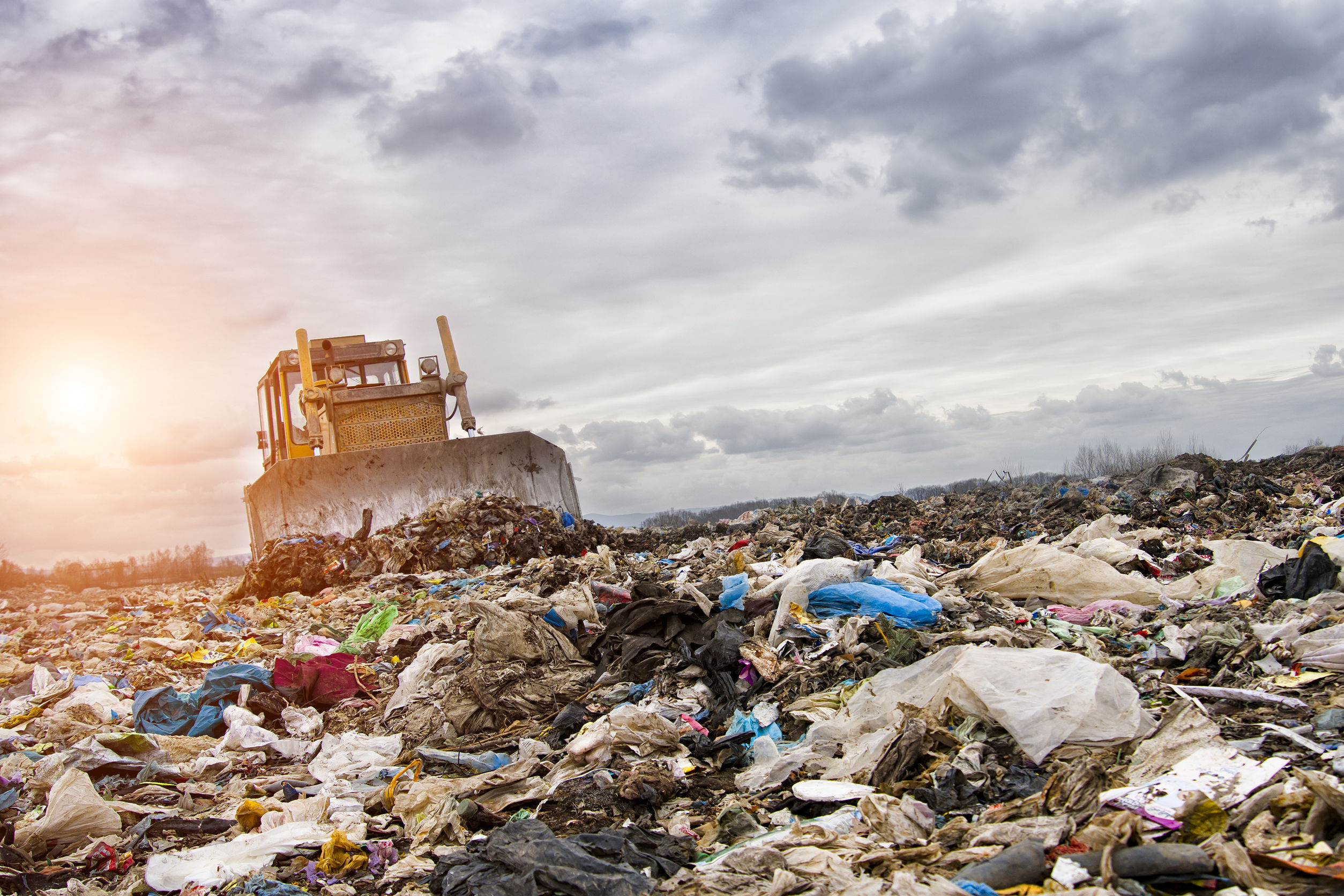
A lot of people have tins of gasoline, cans of old paint, old batteries and other similar products in their homes that they can’t just throw away with the rest of their trash, because of the risks to the environment this would create. These things are called “hazardous waste“.
Typically, these types of waste accumulating in your house are quite difficult to dispose of. You may be unsure whether you want to contact a hazardous trash collection company, or whether some of these items are reusable or recyclable.
Disposal Methods For Hazardous Waste In Your Home
If permitted by local regulations, you may dispose of household hazardous waste in the usual garbage bin.
The caveat is that this is only permissible in certain circumstances. This is not always the case. Even though aerosol spray cans are classified as hazardous trash, many municipalities allow residents to dispose of them normally.
However, if you need to empty the aerosol cans before you throw it away, you should be very careful. There are rules and steps for recycling these cans. They can be found here.
There is a big question about whether you can put Household Hazardous Waste (HHW) in your trash with your other garbage. How much do you have? Ionizing smoke detectors, for example, can be dangerous to people if many of them end up in the trash dumpster. If you have a lot of smoke detectors, this can be bad for people.
Trying To Get Rid Of Asbestos? Get Help From Waste Management Contract Workers such as Richmond Dumpster Rental Center as soon as possible.
It could be dangerous to remove asbestos. Most hazardous waste collection centres do not take these goods because of this. Asbestos removal and disposal should be handled by an asbestos contractor, who has the training and experience to do it.
With the exception of asbestos removal, there’s just a few situations in which a contractor needs to travel to a client’s location to remove home hazardous material from their property.
However, if you have large amounts of unknown and expired chemicals in your house that need to be removed, please consult with a professional to verify that you are safe and in compliance with the law.
Where possible – RECYCLE!
Reducing, reusing, and recycling are the 3Rs of waste management. Since smartphone batteries & other electronic parts may be reused by manufacturers to build new smartphones, tablets, and fitness trackers, recycling these items can help the environment.
It’s also possible to reuse old car oil, which can be stored and repurposed, but not in a dumster rental. The EPA estimates that only one-third of the waste generated in the United States is recycled.
Batteries are the most popular recycled items. Lead-acid batteries come to mind. In fact, disposing of these and other batteries is critical because some states mandate that they be recycled or sent for the treatment of hazardous waste.
Did you know that pollutants like mercury can also be recycled? Maintaining proper mercury storage in an airtight container is important.
If You Can, Re-Use It!
This isn’t strictly a method of disposing of HHW, but it is an alternate and more environment friendly choice because it minimises the carbon footprint of the waste stream.
One alternative, for example, is to reuse solvent in conjunction with paint thinners. This can be accomplished by completely shutting the container and allowing the paint to settle to the bottom of the container. After that, you can reuse the solvent that was on the top. After that, let the sludge dry completely before discarding it.
Another simple method of reusing hazardous waste components is to repurpose the containers. For example, totally dried-out paint cans could be repainted and repurposed as “pots” for houseplants or flowers.
Your Garbage Can Be Shared Or Donated
Paint, fertilisers, motor oil, and other hazardous materials can be effectively disposed of this way, but do not put them in a dumpster rental though. Consider donating any extra supplies to those in need if you have some on hand.
Common suggestions include:
• Schools
• Shelters for the homeless
• Neighbourhood centres
• Businesses in the area
• Churches
Instead Of Throwing Away, Dilute It.
This procedure must be carried out meticulously and in accordance with a set of rules. Diluting hazardous waste with the same materials or water and properly storing the extra for future uses is an excellent technique to “extend” the use of your hazardous waste.
How Should Hazardous Trash Be Handled?
• Each hazardous waste area should be inspected weekly. Make a note of any problems and fix them.
• Clean up spills as soon as they occur. Clean up & dispose of the trash correctly.
• Maintain structures and confinement, as well as safety and protective gear.